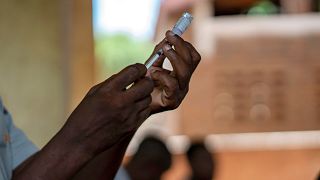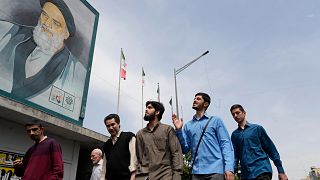AIDS
UN chief Ban Ki Moon has said that the global progress in fighting AIDS could be lost because prevention programmes are suffering from a lack of leadership, accountability and funding.
Moon warned that the AIDS epidemic could be prolonged indefinitely if urgent action is not implemented within the next five years. He urged all partners to concentrate their efforts to increase and front-load investments to ensure that the global AIDS epidemic is ended as a public health threat by 2030.
According to a new report released by the United Nations, the progress in tackling the epidemic has so far been “inspiring,” with a 42 percent decline in AIDS-related deaths since a peak in 2004.
New #UNSG report shows that urgent action is needed to end #AIDS by 2030: https://t.co/QINhUibm11 #HLM2016AIDS pic.twitter.com/4eIN6XTPVA
— UNAIDS (@UNAIDS) May 6, 2016
As a result, life expectancy in countries most affected by HIV has sharply risen.
New infections have fallen only 8% between 2010 and 2014 and continue to rise in Eastern Europe, Central Asia, the Middle East, North Africa and in the Asia-Pacific region. Some 22 million people do not yet have access to treatment.













01:00
Displacement crisis deepens: UN warns world at breaking point
01:06
UN warns of deepening Haiti crisis
Go to video
Libyan leaders call for an inclusive political process
Go to video
South Sudan: top UN official in the country warns of risk of new civil war
01:46
UN officials warn of worsening crisis in eastern DRC
01:29
Palestinians lined up for hours for food by a charity kitchen in central Gaza.